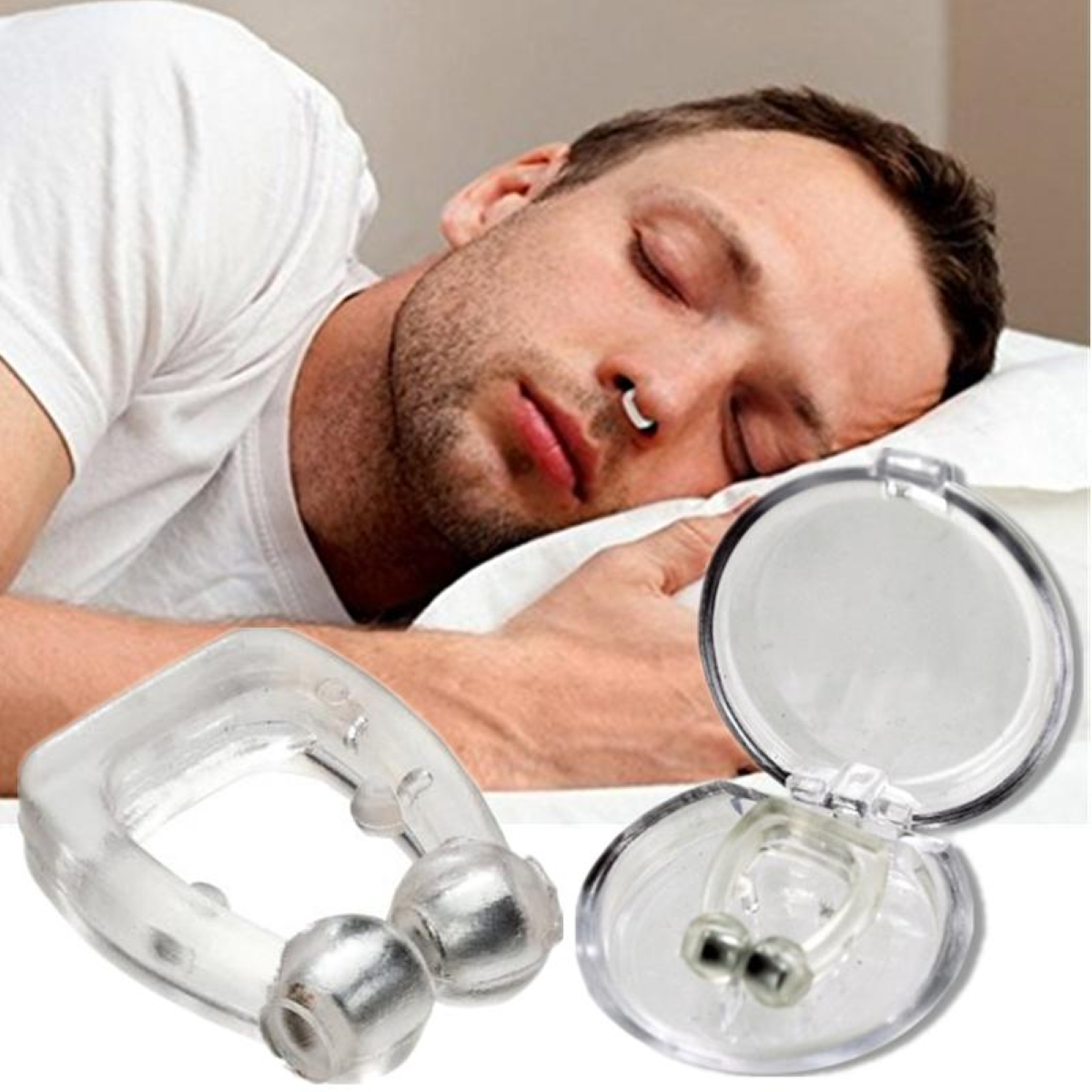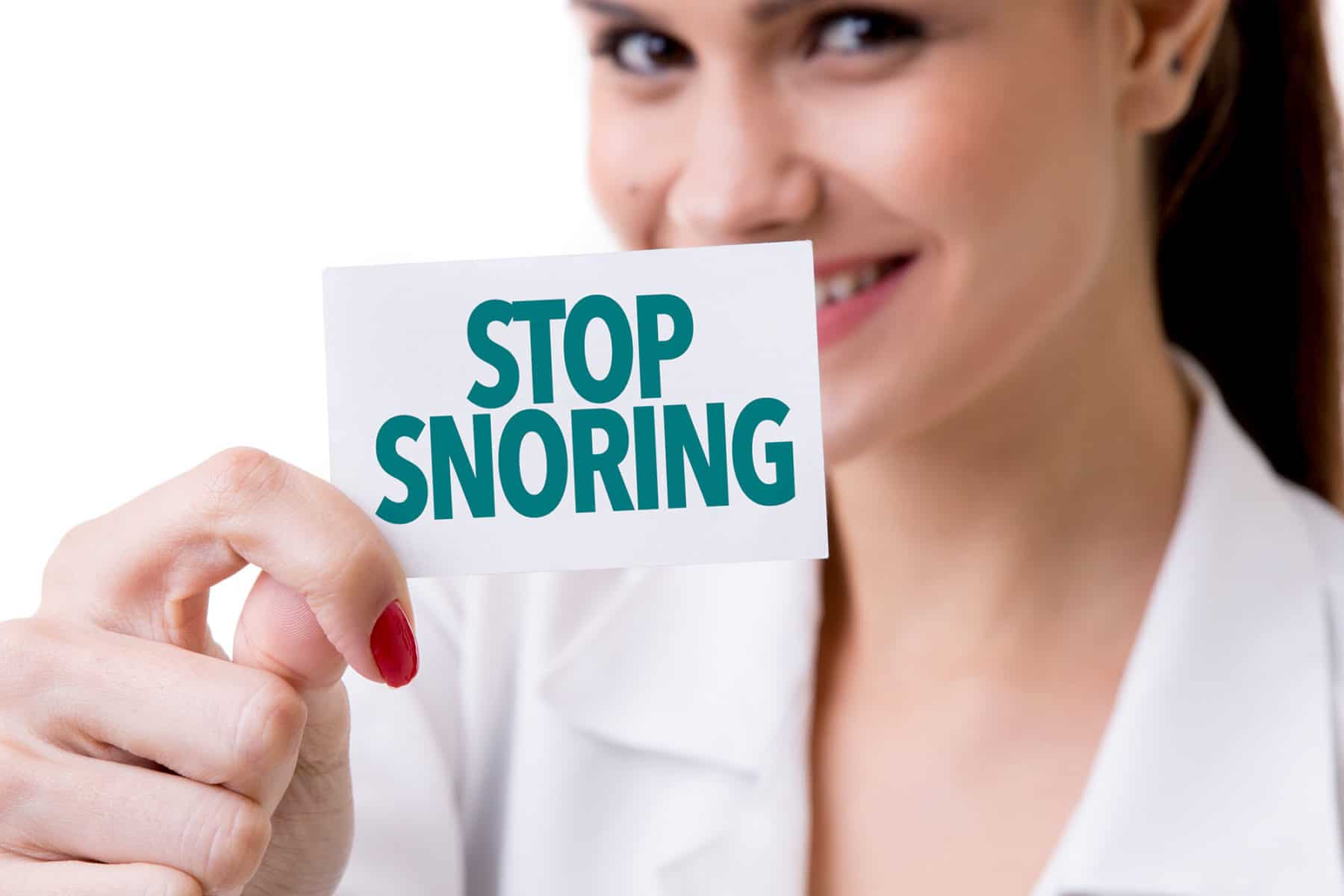What can you do to stop snoring – Snoring, a common sleep disorder, can significantly disrupt the quality of life for both the snorer and their bed partner. Fortunately, there are numerous effective measures you can take to stop snoring, ranging from simple lifestyle modifications to surgical interventions.
This comprehensive guide explores the various approaches to addressing snoring, empowering you to reclaim peaceful and restful nights.
Lifestyle Modifications
Lifestyle modifications can significantly reduce snoring. These changes involve addressing underlying factors that contribute to the condition, such as weight, physical activity, and sleep habits.
Weight Loss
Obesity is a major risk factor for snoring. Excess weight around the neck puts pressure on the airway, narrowing it and causing vibrations that produce snoring sounds. Losing weight can reduce the amount of tissue around the airway, improving airflow and reducing snoring.
Regular Exercise
Regular exercise strengthens the muscles in the throat and upper airway, which can help to keep the airway open during sleep. Exercise also helps to reduce weight, which can further improve snoring.
Improving Sleep Habits
Certain sleep habits can worsen snoring. These include sleeping on your back, consuming alcohol before bed, and using sedatives or sleeping pills. Avoiding these habits can help to reduce snoring.
Obtain recommendations related to small solar panel kits for home that can assist you today.
Reducing Stress
Stress can contribute to snoring by causing tension in the muscles of the throat and upper airway. Relaxation techniques, such as yoga or meditation, can help to reduce stress and improve sleep quality.
Nasal and Oral Devices
Nasal and oral devices are designed to improve airflow through the nose and mouth, thereby reducing snoring. These devices include nasal strips, dilators, sprays, decongestants, oral appliances, and tongue retaining devices.
Nasal Strips and Dilators
Nasal strips are adhesive strips that are applied to the bridge of the nose. They work by gently lifting the nasal passages, increasing airflow. Nasal dilators are small, spring-like devices that are inserted into the nostrils. They work by gently expanding the nasal passages, also increasing airflow.
Nasal Sprays and Decongestants
Nasal sprays and decongestants can help reduce swelling in the nasal passages, making it easier to breathe through the nose. This can help reduce snoring by improving airflow.
Oral Appliances
Oral appliances are devices that are worn in the mouth to keep the airway open. Mandibular advancement devices (MADs) are custom-made mouthpieces that fit over the upper and lower teeth. They work by gently moving the lower jaw forward, which helps to open the airway.
Tongue retaining devices (TRDs) are similar to MADs, but they are designed to keep the tongue in place and prevent it from blocking the airway.
Surgical Procedures: What Can You Do To Stop Snoring
Surgical procedures may be considered if lifestyle modifications and oral devices have not been effective in reducing snoring. Several surgical options are available, each with its own risks and benefits.
Uvulopalatopharyngoplasty (UPPP)
UPPP is a surgical procedure that removes excess tissue from the soft palate, uvula, and tonsils. This can help to widen the airway and reduce snoring. However, UPPP can cause pain, bleeding, and difficulty swallowing.
Radiofrequency Ablation
Radiofrequency ablation uses heat to shrink or destroy tissue in the soft palate. This can help to reduce snoring, but it can also cause pain, bleeding, and scarring.
Expand your understanding about how much does it cost to live off the grid with the sources we offer.
Laser-Assisted Uvulopalatoplasty (LAUP)
LAUP uses a laser to remove excess tissue from the soft palate. This can help to reduce snoring with less pain and bleeding than UPPP. However, LAUP may not be as effective as UPPP in reducing snoring.
Examine how what is sustainable tourism development can boost performance in your area.
Pillar Implants
Pillar implants are small, flexible rods that are inserted into the soft palate. These implants can help to stiffen the palate and reduce snoring. Pillar implants are less invasive than other surgical procedures, but they may not be as effective in reducing snoring.
Other Treatments
In addition to the aforementioned approaches, various other treatments can help alleviate snoring. These include continuous positive airway pressure (CPAP) therapy, acupuncture, and over-the-counter anti-snoring aids.
CPAP Therapy, What can you do to stop snoring
Continuous positive airway pressure (CPAP) therapy involves wearing a mask over the nose or mouth during sleep. The mask delivers pressurized air into the airway, which helps keep it open and prevents the soft tissues from collapsing and vibrating, reducing or eliminating snoring.
Acupuncture
Acupuncture, a traditional Chinese medicine technique, involves inserting thin needles into specific points on the body. Some studies suggest that acupuncture may help reduce snoring by stimulating the nervous system and promoting relaxation of the muscles in the upper airway.
Over-the-Counter Anti-Snoring Aids
Over-the-counter anti-snoring aids include chin straps, pillows, and nasal strips. Chin straps support the jaw and prevent it from falling back during sleep, reducing airway obstruction. Anti-snoring pillows are designed to keep the head and neck elevated, promoting better airflow.
Nasal strips are adhesive strips that widen the nasal passages, improving breathing and reducing snoring.
Additional Considerations
Addressing snoring effectively requires a comprehensive approach. Consulting a healthcare professional is crucial for proper diagnosis and personalized treatment. They can assess the underlying causes, determine the severity of the condition, and recommend appropriate interventions.
Remember to click 3 kilowatt solar panel system to understand more comprehensive aspects of the 3 kilowatt solar panel system topic.
Snoring can significantly impact sleep quality and overall health. It can lead to daytime fatigue, impaired cognitive function, increased risk of cardiovascular diseases, and relationship strain.
Tips for Reducing the Impact of Snoring on Relationships and Social Situations
- Communicate openly with your partner or family members about the issue and its potential impact.
- Explore the use of earplugs or white noise machines to minimize the sound of snoring.
- Consider separate sleeping arrangements if necessary to ensure restful sleep for both partners.
- Be mindful of the impact of snoring on social situations and plan accordingly.
Closure
Addressing snoring requires a multifaceted approach that considers both lifestyle factors and medical interventions. By implementing these recommendations, you can effectively reduce or eliminate snoring, improving your sleep quality, overall health, and relationships. Remember to consult a healthcare professional for proper diagnosis and guidance to determine the most appropriate treatment options for your specific needs.
FAQ
Can snoring be cured permanently?
While snoring can be significantly reduced or eliminated, it is typically not considered permanently curable. However, consistent adherence to effective remedies and lifestyle modifications can provide long-term relief.
Is it possible to stop snoring naturally?
Yes, many natural remedies can help reduce snoring, such as weight loss, regular exercise, improving sleep habits, using nasal strips or dilators, and avoiding alcohol and sedatives before bed.
What is the most effective way to stop snoring?
The most effective method for stopping snoring depends on the underlying cause. For mild to moderate snoring, lifestyle modifications and nasal devices may suffice. For severe snoring or sleep apnea, oral appliances or surgical interventions may be necessary.




